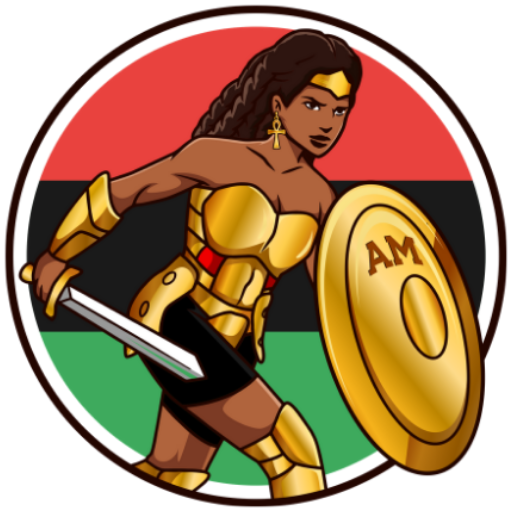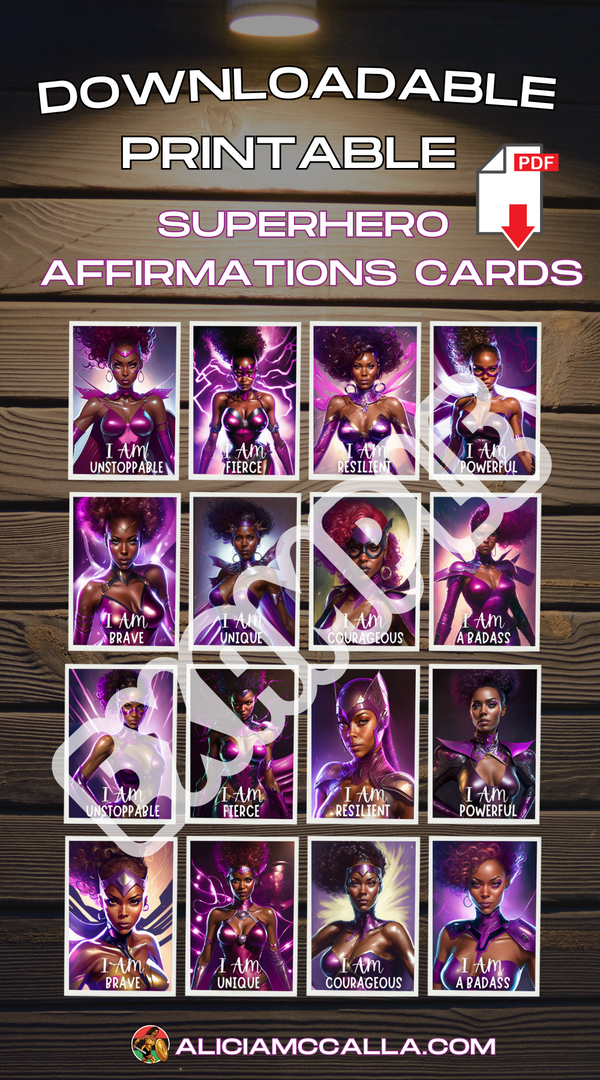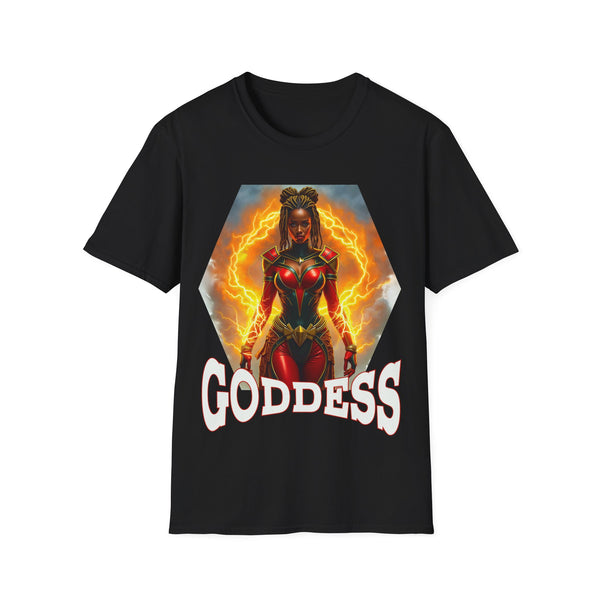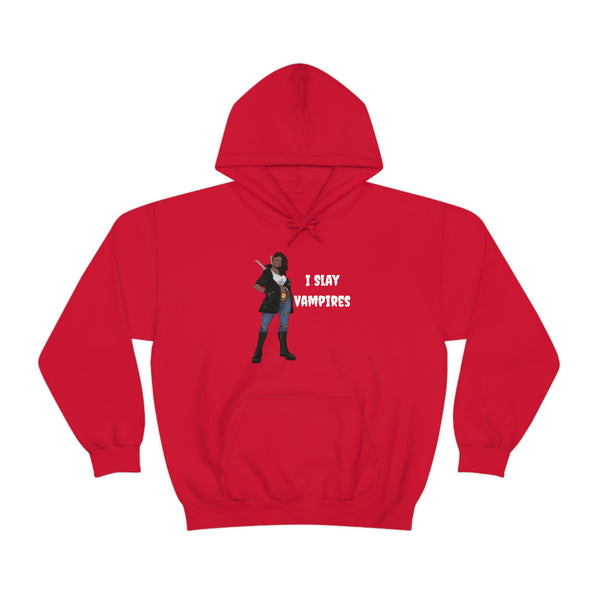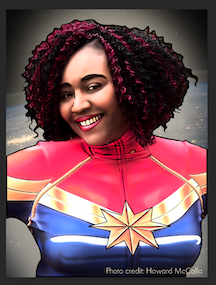
Guest Fest: Don’t Judge a Book by its Color By Christine Leo/ Christine Collier
Share
Once upon a time, there were two little girls born into two very different worlds. One was from an affluent family who enjoyed summer vacations and regular trips to the orthodontist. Her father was a doctor and her mother was a nurse. She grew up in a nice neighborhood where they owned a great big house with a lovely green yard. When the girl finished high school, she was given a brand new car and her parents sent her away to the college of her choosing, all expenses paid.
The other girl was the daughter of a single mother that worked two jobs just to make ends meet. Most of the time they lived in small one-bedroom apartments, but when things got tough, they would rotate between family and friends’ houses, careful not to overstay their welcome. They relied on public assistance, food banks and soup kitchens to make sure they had enough to eat and when the girl was fifteen, she was given a bus pass and told to get a job to help support the household. When she finished high school, she didn't go away to the university of her dreams; instead, she went to a local college and continued to work fulltime to keep the family afloat.
I'll never forget the day I traded childhood stories with a coworker of mine. Her exact words to me were, "Wow, I never would have guessed just by looking at you!"
I tried not to be disturbed by that comment. I tried to convince myself that she didn’t mean it the way it sounded. But on some level, I knew exactly what she meant.
I was white. She was white. We both had college educations. She assumed I had the same upbringing as her.
I didn't.
Both of the tales in the opening paragraphs are real. However, neither one belongs to my co-worker. One of them describes my childhood and the other belongs to a good friend of mine, who happens to be African American.
The sad truth is if I had presented both stories to my co-worker that day and asked her to tell me which one she believed to be mine and which she believed to be my friend's, chances are she would have guessed wrong. Worse yet, it probably would have never occurred to her to simply not "guess" at all.
Assumptions make an ass out of “u” and me. Don’t get me wrong, not all assumptions are evil in their conception; sometimes it's simply lazy thinking. It's like flopping back onto your favorite chair after a long day on your feet without looking. If you don't turn around, you might miss the seat by a couple of inches and hit the floor. The true offense is when you are aware of what you are doing and you continue to do it.
So what does this have to do with publishing industry? There have been some seriously dangerous assumptions made by the industry… Assumptions that say, "books with white characters sell more," and those assumptions have led to the insidious practice of "whitewashing" book covers and the segregation of books into racially based categories rather than their appropriate genres. Their actions say one thing: They're perfectly aware of what they are doing and it takes a public outcry before they will right their wrongs (If you don't know what I'm referring to, I invite you to read this article on whitewashing: http://thebooksmugglers.com/2010/02/cover-matters-on-whitewashing.html)
It's not always about what they are doing. Sometimes what they're not doing can be just as telling. Recently, I made an interesting discovery while scouring the internet for hard statistics on the percentage of books that are written, published and sold with minority characters in the title roles… I couldn't find any. I'm not saying they don't exist, but my research skills - or lack thereof - simply weren't good enough to uncover them. I ran into the same problem when looking for demographics on fiction readers, broken down by ethnicity.
Since I'm a part of Romance Writers of America, I turned to their 32 page “RWA Romance Book Consumer Survey” and could not find anything on the race of their survey respondents. They broke them down by age, gender, employment status and income levels all in an attempt to show what a unique smattering of individuals their test group consists of but nothing on their race.
If it’s so important that we hear from every age, gender and income level, shouldn’t we make sure we are hearing from every race as well?
I also used a recent issue of RWA's Romance Writers Report (April 2012, Vol. 32, Num. 4) as a test subject to see if publishers placed ads for books that featured minority title characters. I counted 13 advertisements containing the images of approximately 45 book covers. Of those 45 covers, only two appeared to contain the image of a non-white character, while 10 of them were nondescript (either containing just the outline/ shadow of a character or no person at all).
Since a publisher purchased most of these advertisements, it left me wondering if 1. There were simply no books with minority title characters about to be released 2. If they are not willing to give a prime advertising spot to one of these titles or 3. If they felt as though RWR was not the right medium for them. No matter what the reason, the results are still disheartening.
Where do we go from here? We live in exciting times! In a world where we don’t have to take NO for an answer anymore! Things like self-publishing, blogging and social networks allow us to expand our horizons and access content previously kept from mainstream at the click of a button. We can connect with people that think like us -and perhaps more importantly - don't think like us. It's not easy, but if you want to make a difference, awareness is key.
Readers - Support your favorite authors that create characters you identify with. It's wonderful that you have purchased their book and enjoyed it, but get online and see what the author is doing. Most authors have an online footprint and nothing is better than hearing from their readers. Tell them specifically what characters/ plotlines spoke to you and why.
Bloggers - Write about issues that you genuinely support but that may not be in line with your usual content. Shake stuff up a bit. I've seen bloggers double their number of comments because one day they decided to the write about something completely out of left field that they felt passionate about. Chances are if it's bugging you, it's bugging someone else.
Writers - Pick and choose your battles with the industry gatekeepers, but stick to your guns on the things that matter. If there is character you feel strongly about with an aspect of his or her background, personality or culture that's crucial to the story, don’t change it for anyone. I realize that's easier said than done, but if you are changing something so essential to a character or the story that it won't be the same without it, then maybe you're not working with the right people.
Book Reviewers - In one word, diversify. If every book you review has the same color of people on the front cover, then something is wrong. Every genre, I don't care what it is, has quality contributors from every culture and if you're not taking notice, you could be missing out.
Change is already here. The publishing industry is experiencing a metamorphosis at an astonishing rate. Less than five years ago, only a handful of people even owned an electronic reader. Now, thanks to the surge in their popularity, there are self-published authors sitting at the top of best sellers' lists. If the industry gatekeepers don’t start to take notice and respond accordingly, then they may be handing over their keys to the kingdom sooner than they would like.
Christine was born and raised in Southern California where she currently resides with her tech savvy husband. Her need to make a living led her to health insurance, yet her love of writing beckoned her into the exciting world of romance fiction. She holds a BA in Communications, which would have been Creative Writing had the universe simply dropped a romance novel on her head a little sooner. A really heavy romance novel. At least six-hundred pages. Hardcover. Visit: http://www.christineleo.com/
